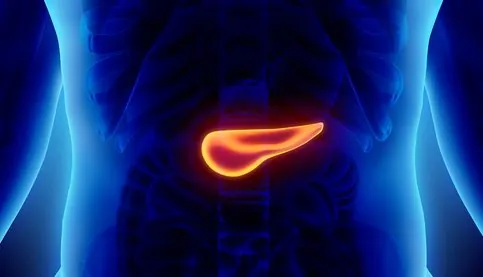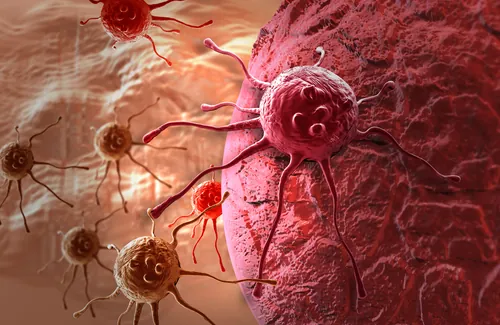Since 2016, the National Foundation for Cancer Research has hosted Cancer Research Week as part of the Play4TheCure program. The goal of Cancer Research Week being to engage the Mid-Atlantic region basketball community to support a locally-based cancer research organization....
Struggles of Survivorship: Part 2 – Psycho-Social Implications
The mental status of cancer survivors can be fragile and destabilized. Psycho-social complications often arise, such as fear of recurrent illness, financial hardship, anxiety, difficulty handling the end of treatment, fatigue, lasting “brain fog”, broken relationships and even post-traumatic stress disorder. In order to navigate this myriad of challenging issues…...
Struggles of Survivorship: Part 1 – Pain
It is estimated that by the year 2030, deaths due to cancer will drop dramatically and life expectancy after diagnosis will have significantly increased. Whereas this is encouraging news and proof positive that the practice of oncology and the drugs used to treat cancer have become progressively more effective, there…...
Lung Cancers Can Differ by Race
According to Clinical Cancer Research, a journal of the American Association for Cancer Research, recently discovered genetic differences in non-small cell lung cancers (NSCLCs) between some African-Americans and European-Americans suggest that there are racial differences in the biology of the disease. These findings could have a clinical impact on personalized…...
Circadian Rhythms & Cancer
Twice a year, as we turn our clocks backward or forward to adjust for daylight savings time, we see headlines everywhere about the implications of the time change on our biological clocks. This year, however, our biological clock got extra attention due to the recent announcement of the 2017 Nobel…...
Using Cancer to Fight Cancer
Researchers at the University of Michigan (U-M) devised a process to grow a series of honeycomb-like arrays of tiny, lab-grown cancers that could one day help doctors zero in on individualized treatments for ovarian cancer. The findings are detailed in a study in the journal, Clinical Cancer Research. Led by…...





















